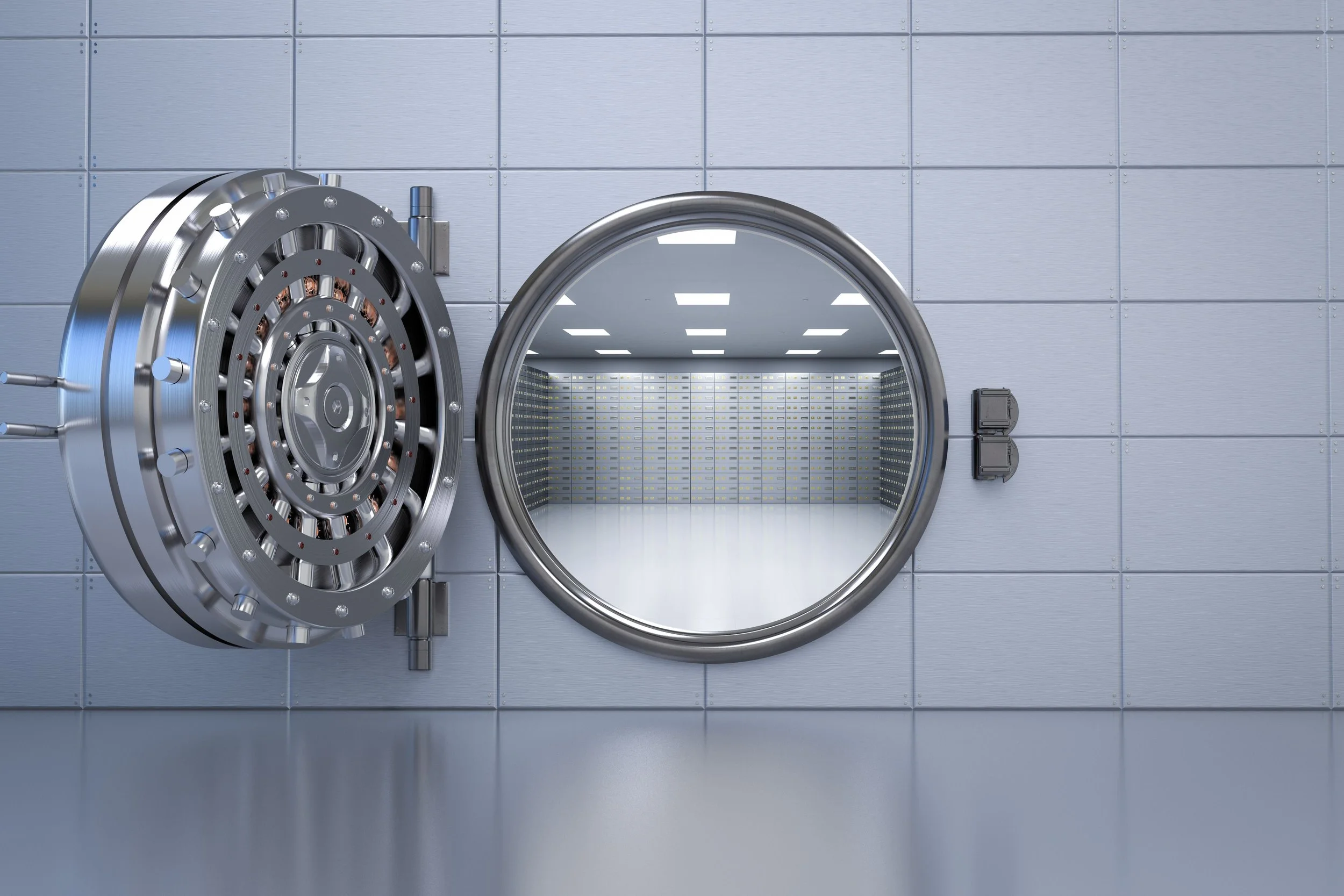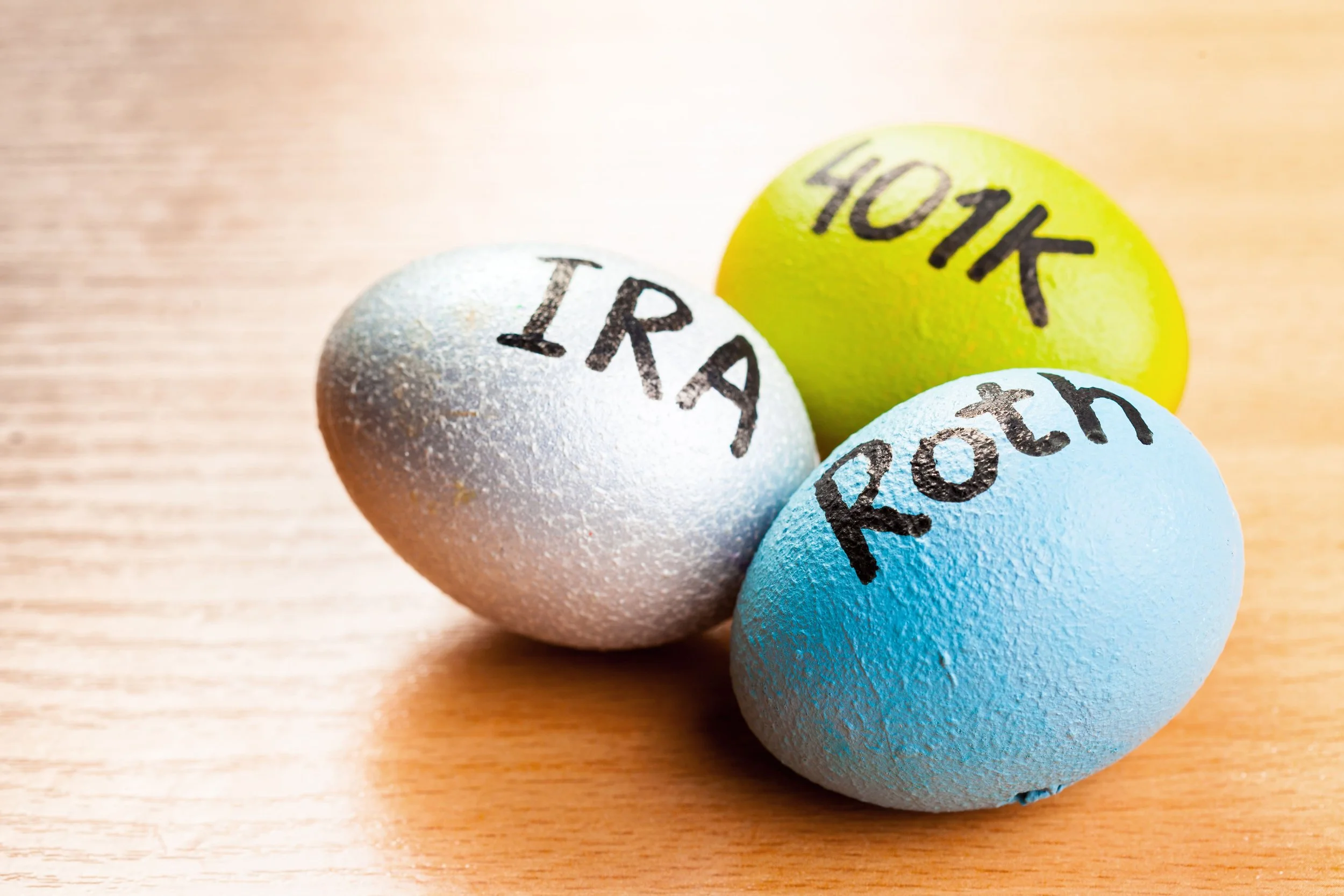There are Some Reasons to Avoid High-Yield Savings
Saving money in bank accounts and certificates of deposit (CDs) is a much more attractive proposition than it was a couple of years ago, thanks to a steep increase in interest rates. As the Federal Reserve raised the target interest rate beginning in March 2022 to combat sky-high inflation, banks began offering higher interest rates on savings accounts and CDs as necessary to compete for deposits. The average U.S. savings account interest rate is currently 0.58%, and the highest available CD rates are approaching 6%.
Additionally, most CDs and savings accounts are insured against the risk of bank failure by the Federal Deposit Insurance Corporation (FDIC). These may seem like compelling reasons to pour money into such savings vehicles. However, investors should pause to consider the substantial costs of that decision.
First and foremost, investors with a long-term time horizon bear significant opportunity cost when they put money into savings instead of investing in equities. The average annual return from investing in the stocks of large U.S. companies, as proxied by S&P 500 Index returns, has been 10.42%. Compared to an annual CD yield of 6%, an investor would lose 4.42% every year in expected opportunity cost by locking in the CD rate and avoiding equity market participation.
For purposes of comparison, $10,000 invested in a CD with an annual yield of 6% would grow to $32,071 in 20 years, while $10,000 invested in equities with an annual return of 10.42% would grow to $72,603 in the same timeframe. Additionally, interest earned on CDs and savings accounts is generally taxed similarly to regular income at the marginal tax bracket rate. Long-term equity investing, in contrast, is taxed at the long-term capital gains rate, which is typically much lower for our clients.
That said, high-yield savings accounts and CDs may be appropriate specifically for money that is designated for emergencies or near-term expenditures. Investors should be aware of the true costs associated with these instruments, and allocate their portfolios based on a deliberate assessment of goals, risk tolerance, and time horizon.
- Tony Winkels is Managing Partner and Wealth Advisor at Fortis Wealth Management



